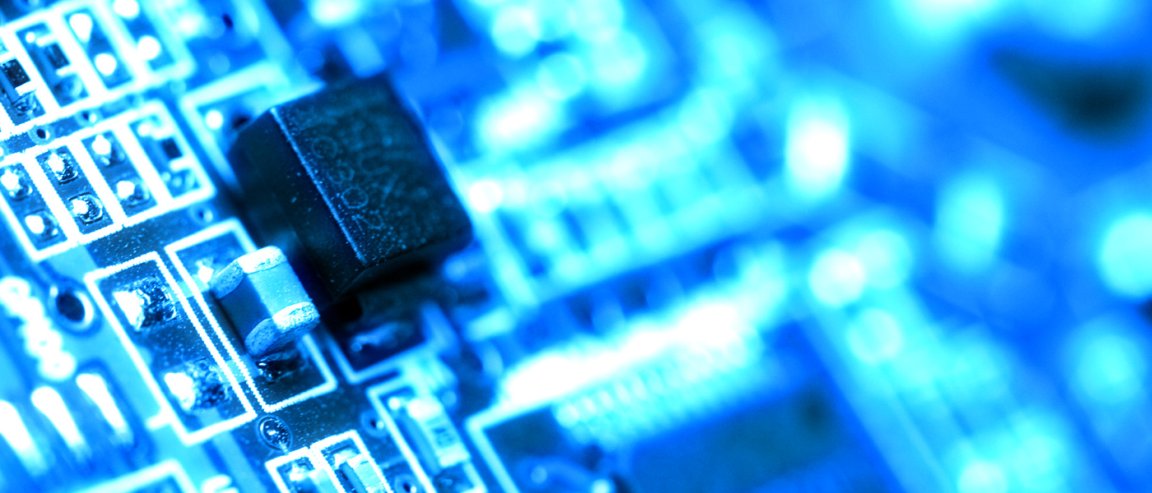
The Future of Computing
If you aren’t already, you’re likely soon to find yourself looking forward to the day when quantum computers will replace regular computers for every day use. The computing power of quantum computers is immense compared to what regular desktops or laptops can do. The downside is, current quantum computing technology are limited by the bulky frameworks and extreme conditions they require in order to function.

Quantum computers need specialized setups in order to sustain and keep quantum bits — the heart of quantum computing — working. These “qubits” are particles in a quantum state of superposition, which allows them to encode and transmit information as 0s and 1s simultaneously. Most computers run on binary bit systems which use either 0s or 1s. Since quantum computers can use both at the same time, they can process more information faster. That being said, Sustaining the life of qubits is particularly difficult, but researchers are investigating quantum computing studies are trying to find ways to prolong the life of qubits using various techniques.
Survival of the Qubits
Now, for the first time ever, two quantum computers have been pitted against one another. One is a chip developed by IBM and used qubits made from superconducting materials. The other is a chip designed by the University of Maryland that relies on electromagnetic fields to trap a quantum material called ytterbium ions, which can be harvested for for its qubits. Although they used different methods, both chips run algorithms the same way and worked with just five qubits.
Because both were still modest in power, the test couldn’t really show which had better qubits. While IBM’s quantum computer proved to be faster, it was also less reliable. IBM’s qubits also broke down much easier than the University of Maryland’s. The latter had qubits that were interconnected — thanks to the nature of ytterbium — which made them capable of sharing information with each other. IBM’s, on the other hand, needed a central hub to swap information.
Still, it was a valuable experiment, and definitely a sign of improving quantum computing technology. It also stands to help researchers figure out which qubit technology would more efficient and viable for further development. “For a long time, the devices were so immature that you couldn’t really put two five-qubit gadgets next to each other and perform this kind of comparison,” said Simon Benjamin, a University of Oxford physicist who wasn’t part of the study. “It’s a sign that this technology is maturing.”